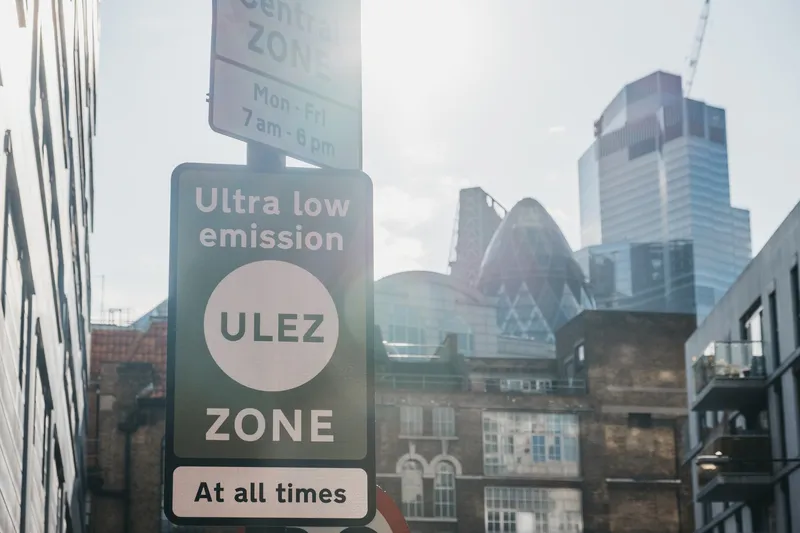According to a report from German online moving platform Movinga, London, UK is the most expensive city to use public transport at £122.27 per month and Cairo, Egypt is the most affordable city at £5.18 for a monthly ticket.
As part of its 2017 Relocation Price Index, a study detailing the costs associated with relocating to some of the world’s most in-demand cities, Movinga also observed the cost of transportation around the world in 89 cities.
The data was taken from all official transport offices w
February 1, 2017
Read time: 2 mins
According to a report from German online moving platform 8566 Movinga, London, UK is the most expensive city to use public transport at £122.27 per month and Cairo, Egypt is the most affordable city at £5.18 for a monthly ticket.
As part of its 2017 Relocation Price Index, a study detailing the costs associated with relocating to some of the world’s most in-demand cities, Movinga also observed the cost of transportation around the world in 89 cities.
The data was taken from all official transport offices within each city, using the cost of a monthly ticket within the major travel zones to standardise the results. Monthly public transport costs for Londoners are 136.91 per cent higher than New York at £89.31.
Residents of Tokyo (£72.11), Berlin (£68.85), Paris (£59.50), and Madrid (£46.41) pay more reasonable commuter fares. Prague (£17.30) and Bucharest (£11.36) are the most affordable European capital cities for public transport.
Transport costs were taken from all transportation companies in noted cities. Purchasing power parity (PPP) was not applied, in order to keep the data relevant from a local perspective. Small differences in costs may exist due to recently fluctuating markets.
As part of its 2017 Relocation Price Index, a study detailing the costs associated with relocating to some of the world’s most in-demand cities, Movinga also observed the cost of transportation around the world in 89 cities.
The data was taken from all official transport offices within each city, using the cost of a monthly ticket within the major travel zones to standardise the results. Monthly public transport costs for Londoners are 136.91 per cent higher than New York at £89.31.
Residents of Tokyo (£72.11), Berlin (£68.85), Paris (£59.50), and Madrid (£46.41) pay more reasonable commuter fares. Prague (£17.30) and Bucharest (£11.36) are the most affordable European capital cities for public transport.
Transport costs were taken from all transportation companies in noted cities. Purchasing power parity (PPP) was not applied, in order to keep the data relevant from a local perspective. Small differences in costs may exist due to recently fluctuating markets.









